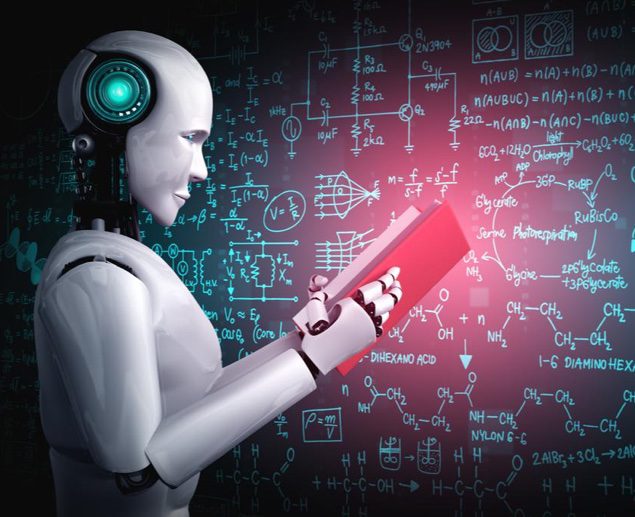Artificial intelligence will surely take over all professions and jobs. In the near future, machines will take over all the tasks. Humans will be left without any job and the need for education will vanish. People will not want to be educated but rather focus on leisure and fun activities. Education will not be the first need of the people, instead they will prefer to spend their money on entertainment or on luxuries.
Automated and human-in-the-loop technologies and artificial intelligence (AI) systems are making big strides toward advancing clinical practice. AI can improve diagnosis, treatment planning and delivery, and outcome measurement. A growing list of studies is finding that AI systems perform at parity with physicians, while in some cases exceeding them. AI, like healthcare professionals, has many biases and AI systems can learn and apply that.
Case study: Importance/use of artificial intelligence in health and medicine
Artificial intelligence (AI) has the potential to revolutionize the healthcare industry in numerous ways. Here are some of the most important ways AI is being used in healthcare:
- Medical Imaging: AI is being used to analyze medical images such as X-rays, MRIs, and CT scans to help diagnose diseases accurately and efficiently. AI algorithms can detect patterns and anomalies that may not be visible to the human eye, leading to earlier and more accurate diagnoses.
- Personalized Medicine: AI algorithms can analyze vast amounts of data to help identify patterns and relationships between genes, diseases, and treatments. This can help doctors develop personalized treatment plans that are tailored to an individual's unique genetic makeup.
- Drug Discovery: AI is being used to accelerate the drug discovery process by analyzing massive amounts of data to identify potential new drug candidates. This can help researchers identify promising leads faster and more efficiently.
- Electronic Health Records: AI is being used to analyze electronic health records (EHRs) to help identify patterns and trends in patient data. This can help doctors identify high-risk patients and develop personalized treatment plans that are tailored to an individual's specific needs.
- Virtual Assistants: AI-powered virtual assistants, such as chatbots and voice assistants, are being used to provide patients with personalized support and guidance. These assistants can help patients manage their medications, provide answers to health-related questions, and even provide mental health support.
Overall, AI has the potential to revolutionize the healthcare industry by providing doctors and researchers with new tools to improve patient outcomes, accelerate drug discovery, and provide personalized care.

No comments:
Post a Comment